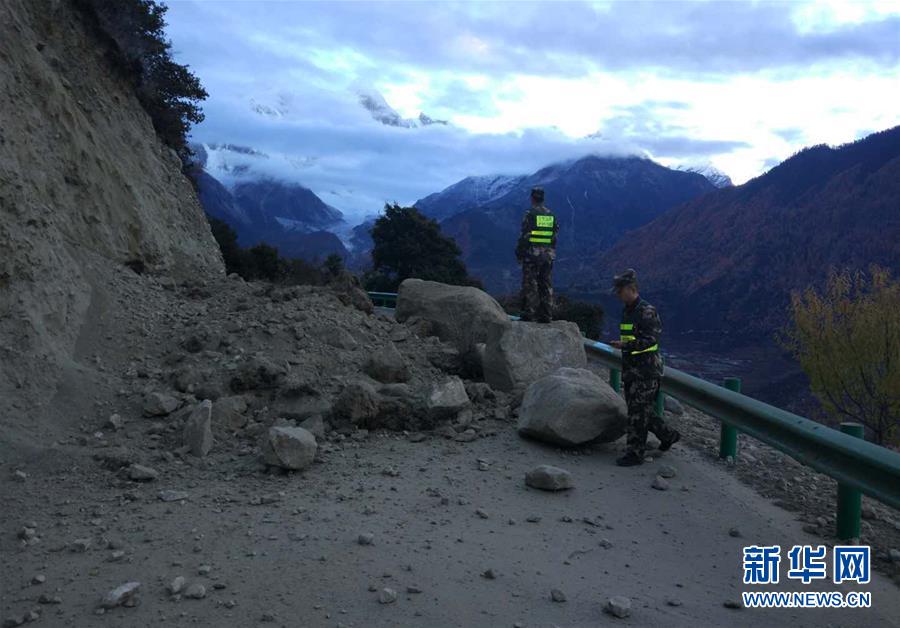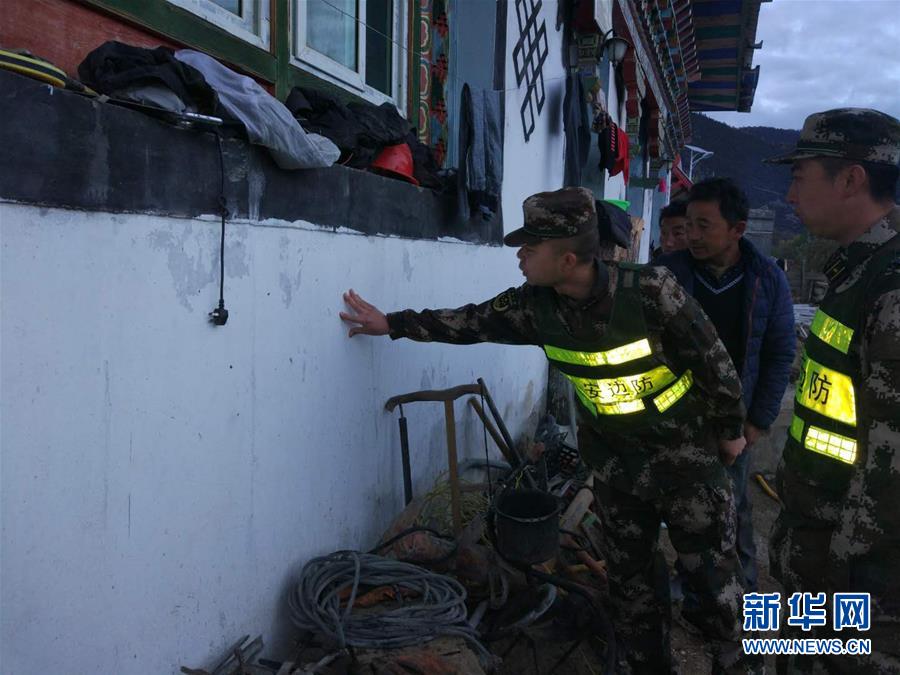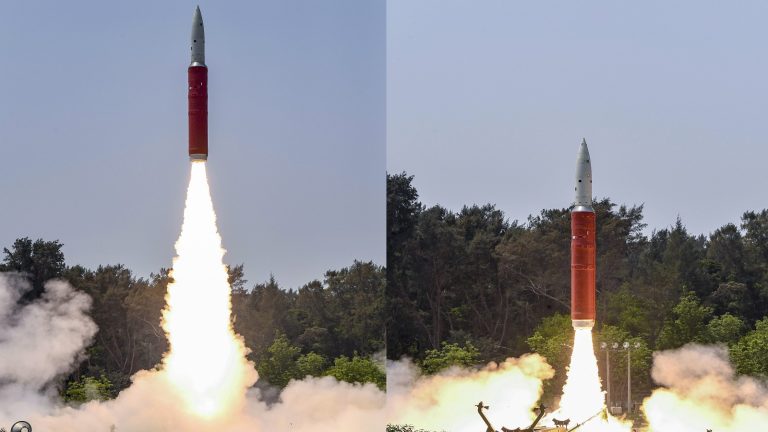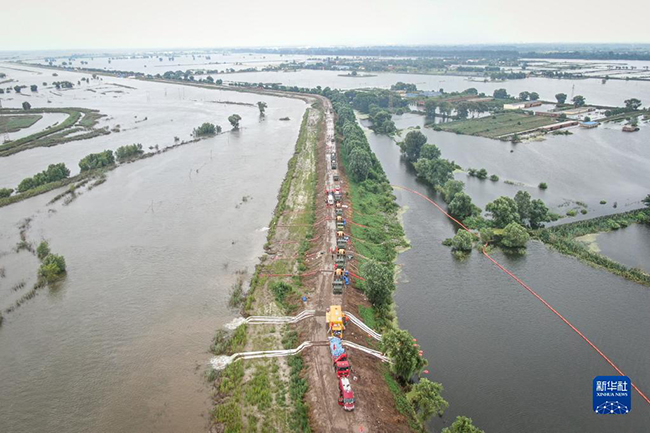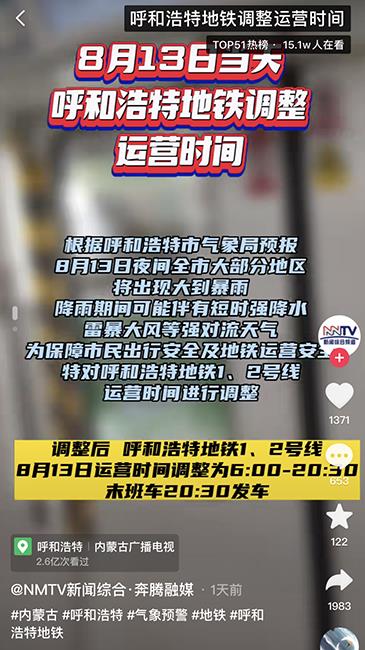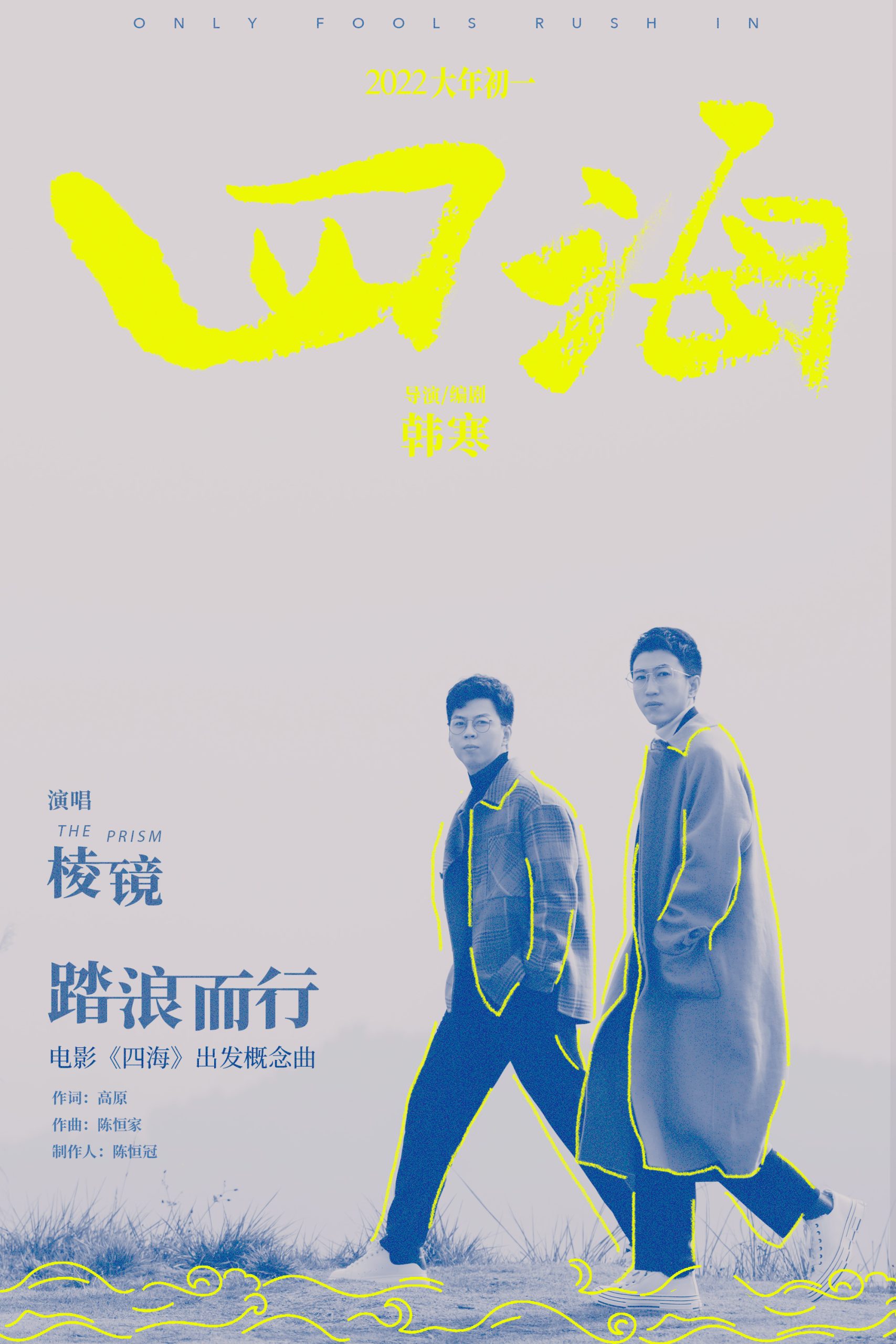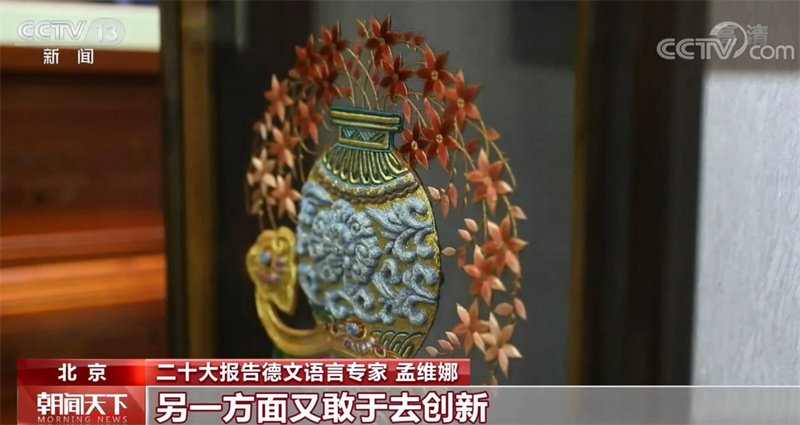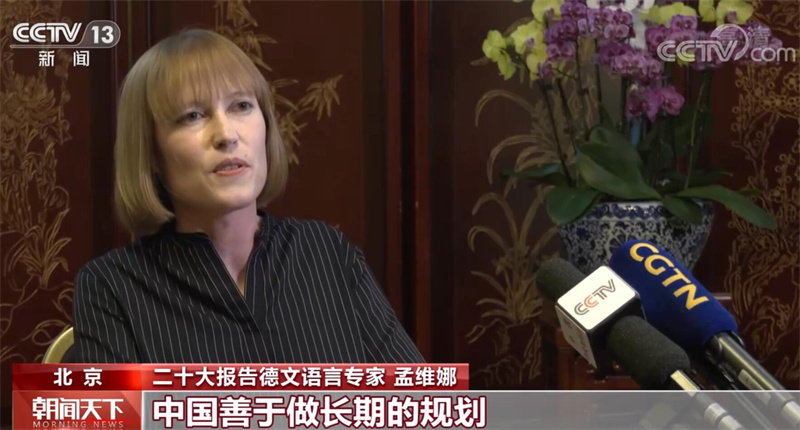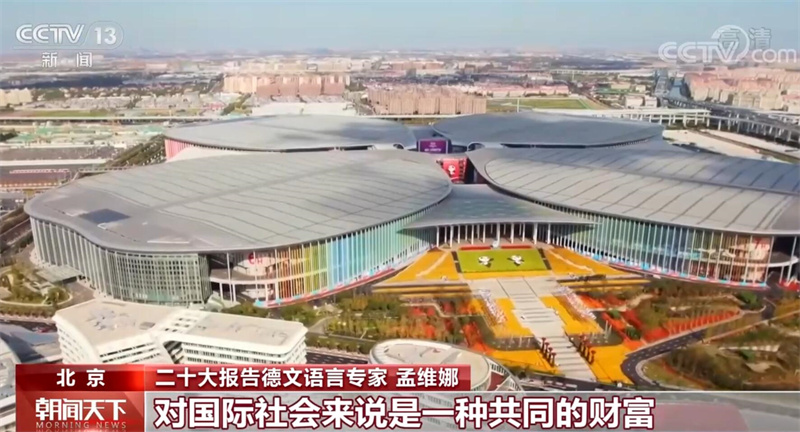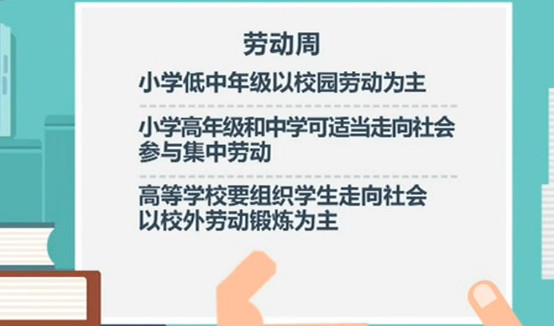
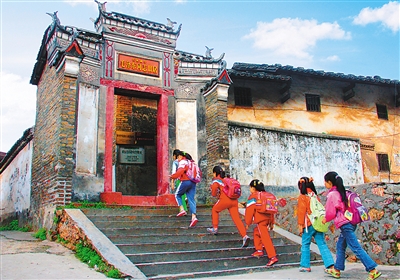
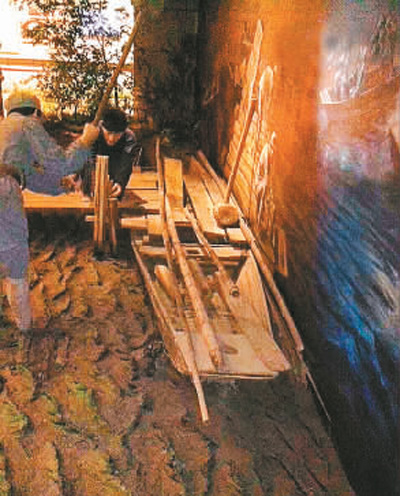
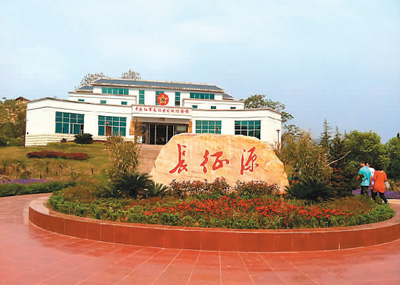
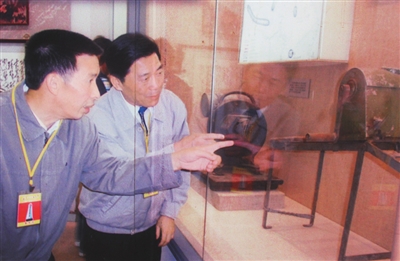
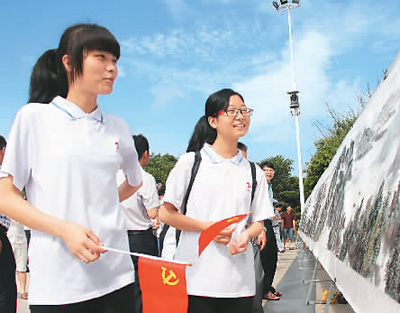
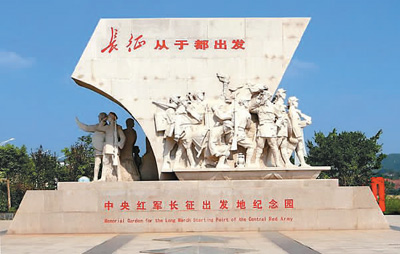
Yudu is a county, located in southern Jiangxi; Gongjiang River (called Yuduhe in the capital) flows through the city.
On a rainy day in April this year, for the first time, I saw people from all walks of life offering flowers in front of the monument of the starting point of the Long March of the Central Red Army in the rain. Although the ground in front of the monument was still being renovated, I was still very moved.
Standing on the banks of the Duhe River, life and death, gathering and scattering, historical scenes are coming. I seem to hear the clanging footsteps of Red Army soldiers from far and near … … At that time, perhaps no one thought that crossing this river would be a long road of 25 thousand Li; Perhaps no one thought that along the way, we will face so many difficulties and obstacles and so many where will you go!
In order to carry forward the spirit of the Long March and remember the great achievements of our ancestors, in 2009, Yudu County Party Committee and county government invested nearly 10 million yuan to rebuild and expand the Memorial Park of the First Crossing of the Central Red Army’s Long March, and built the Memorial Park of the Starting Point of the Central Red Army’s Long March.
In August, the reporter came to Yudu again and remembered the touching deeds of countless revolutionary ancestors in the memorial park of the starting point of the Long March of the Central Red Army.
Yuduhe will never forget it
In late September, 1934, Chiang Kai-shek held a meeting in Lushan Mountain to deploy the "Iron Drum Plan", and set Ruijin as the ultimate goal, forming an encirclement with Ruijin as the center and a radius of 150 kilometers, thus annihilating the Central Red Army in one fell swoop.
Chiang Kai-shek laid down his wishful thinking, but his military plan was leaked to his subordinate Xiang Yunian, who was an underground member of the Chinese Communist Party.
Xiang Yunian wrote the information in the student dictionary with special potions overnight and rushed to Ruijin. However, along the way near Hongdu, there are already checkpoints, barbed wire and bunkers of the Kuomintang. In desperation, Xiang Yunian smashed his four teeth with stones, dressed unkempt and ragged, and hid the information in a filthy rice bag, and finally got through the heavy blockade of the Kuomintang. On October 7, Xiang Yunian, dressed as a beggar, arrived at Ruijin Shazhouba, and this top secret information that changed the fate of the Red Army was handed over to the CPC Central Committee.
On the evening of October 17th to 20th, 1934, more than 86,000 people from the Central Soviet Area, the organs of the Central Military Commission, their directly affiliated troops and the 1st, 3rd, 5th, 8th and 9th Army Corps crossed the Taidu River from the Shanfengba in Zishan Township of Yudu, the east, south and west gates of the county, and the Mengkou, Carp, Shiwei and Yuwengbu in Luo ‘ao, respectively, and embarked on a long journey.
According to Zhang Xiaoping, deputy director of the Memorial Hall for the Long March of the Central Red Army, there was no bridge on the Yudu River at that time, but the widest part of the river was 600 meters, the water depth was 1 to 3 meters, and the flow rate was very fast, which became the first natural barrier for the Red Army to cross the Long March. Only three ferries were suitable for wading across the river. In order to ensure the safety of large troops and cross the river quickly, the Red Army decided to temporarily recruit civilian boats as piers, then lay boards on them and build pontoons at five ferries.
A fisherman came up with a good way to hang a lantern on the bow of each civilian boat, which can be arranged in a row at night, greatly improving the efficiency of crossing the river. Many old people still remember the details of crossing the river.
By the time the Long March started, the Kuomintang troops were approaching the capital. In the air, I flew over the Kuomintang plane from time to time. In order to avoid enemy reconnaissance, the soldiers and civilians built bridges every afternoon and demolished them in the early morning of the next day, leaving no trace. The pontoons of the five ferries were repeatedly dismantled and built 15 times.
During the process of bridging, I heard that the Red Army was short of wood, and many people along the coast took down their beds, door panels and melon sheds without hesitation and sent them to the bridge site. "There is a grandfather named Zeng who even donated the coffin that has been old for a hundred years." Whenever talking about this history, Zhang Xiaoping always can’t restrain his inner excitement. "Yudu County at that time was really ‘ Don’t close the door at night ’ Ah! "
Uncle Zeng’s story has been handed down, but Uncle Zeng and his descendants have no way to find it.
"Send the Red Army along the Yudu River, and remember the soldiers and civilians." At that time, the people of Yudu gave everything they had, and they dispatched tens of thousands of laborers and more than 800 ships.
At the Memorial Hall of the Central Red Army’s Long March Departure in Yudu County, the reporter saw the door panels for the pontoon bridge, as well as sheets, straw sandals, laundry baskets, rattan baskets, pots and bowls, and fishing boats … … These relics used by countless heroes in the heyday are all full of touching revolutionary stories, one by one with touching red memories. Approaching these cultural relics is like walking into that period of history and past events … …
300,000 people keep a big secret.
Yudu River is crowded with people. Tens of thousands of men, women and children stood at various ferries to see the Red Army off. Yang Dezhi, then head of the first regiment of the First Division of the Red Army Corps, later recalled: "In the middle of the night, the autumn wind blows the branches and leaves, blows the Yudu River, which is a thousand miles away, and blows the officers and men dressed in light clothes. The cold is very heavy. When we look back at the people holding lanterns and torches on the other side to see the Red Army off, we can’t help but feel warm. " Among the people who rushed to the Yudu River to see the Red Army off, except for childish and ignorant children running around, the faces of adults were all sad, and some were still crying secretly. The cousins took the hands of the Red Army soldiers and repeated a very simple sentence: "I look forward to your early return, I look forward to your early return!"
At No.1 North Gate of Lianxi Road, DuDu County, stands an old building — — Former residence of Comrade Mao Zedong on the eve of the Long March. The comrades of the Propaganda Department of Yudu County Committee told me that Mao Zedong lived here when he assembled before leaving Yudu. Only a few photos were actually displayed in the old residence, but from these precious photos, the password of "Long March from Yudu" can still be interpreted.
Since October 7th, 1934, the Central Military Commission (the Central Military Commission (CMC), chinese soviet republic) has issued orders to the 1st, 3rd, 5th, 8th and 9th Army Corps, the main force of the Central Red Army, to hand over their defense one after another, evacuate the battlefield in secret and concealment, and assemble in Yudu together with the first field column (also known as the Red Star column) and the second field column (also known as the Red Chapter column) of the Central Committee.
In mid-October, the Central Military Commission issued an order to organize the central party, government and military organs into the first and second field columns of the central government. On the evening of the 10th, the first field column started from Ruijin Meikeng, Tian Xin Wei, Jiubao and Shimen Wei in Huichang, respectively, and moved into Yudu. The second field column set out from Ruijin Jiubao and Yunshishan and marched into Yudu. On the 13th, the two columns arrived at Lingbei, Hexi Port and Gutian in Yudu successively to gather and rest.
More than 80,000 Red Army main forces assembled and rested for 10 days inside and outside a county town, and then crossed the "first crossing of the Long March" safely and smoothly. 300,000 Yudu people imposed martial law in red, tightly blocked news, and created false appearances to confuse the enemy, making Kuomintang spies "deaf" and "blind" with nothing. The Kuomintang spy department knew nothing about this, and Chiang Kai-shek didn’t even get any news, so it was not until a month later that he discovered that the Red Army had moved.
Eighty-two years ago, 300,000 people in Yudu shared a great secret, which was praised as a miracle by today’s party history researchers. Today, with the development of information, it is hard to imagine that 300,000 people can keep a common secret.
Xiang Ying, Chen Yi, Chen Tanqiu, He Chang, Qu Qiubai and others were ordered to form the Central Sub-bureau of the Soviet Area after the Red Army crossed the Taiduhe River and left the Central Soviet Area in October 1934. In late February 1935, the Central Soviet Area was completely lost. Faced with the heavy encirclement of powerful enemies, the remaining Red Army was broken into parts and divided into nine roads to break through and transfer from the Hefeng area in Yudu. On the way, he was chased and killed by Kuomintang troops and vigilantes. Qu Qiubai, He Shuheng, He Chang, Li Cailian, Mao Zetan, Cooper, Liu Bojian, Liang Baitai, Zhou Yili, Yang Ying, Li Tianzhu … … A large number of senior party cadres died heroically in the breakout, and some of them were unaccounted for … …
After the Red Army left, the people in Yudu risked their lives to help resettle more than 6,000 Red Army patients who stayed in Yudu, thus relieving the worries of the soldiers in front.
In that era of blood shed, the Red Army, the people in the Soviet area and the people in Yudu were integrated, which could be said to be a piece of steel plate!
The story of the boat paddle and the generator
The items exhibited in the Memorial Hall of the Central Red Army’s Long March Departure have inspiring and tearful stories behind them.
Here is a pair of well-preserved embroidered straw sandals, which were compiled by Xie Zhijian’s fiancee of the Red Army for him. Xie Zhijian was unwilling to wear them. After the victory, he returned home with straw sandals only to find that his fiancee had been killed that year.
Here is a big iron pot with a bullet hole, which was the marching pot of the Red Army during the Long March and experienced bullets.
On October 17, 1934, Li Shengren also joined the ranks of supporting the Red Army. "At that time, he (Li Shengren) was fishing at the Duhe Liyutan Ferry. At this time, several Red Army officers and men shouted on the shore and asked him to support the boat to the shore. It turned out that there were big troops crossing the river that night and wanted to ask the fishermen for help. " Li Mingrong said, "My father agreed without saying anything, and immediately mobilized other ship owners to help."
Soon, Li Shengren called more than 20 fishing boats to meet. The big boat takes 10 people at a time and the small boat takes 5 people, crossing the 600-meter-wide Yudu River again and again. In the vast darkness, bamboo poles and boats rowed out of the water and sent hundreds of Red Army troops to the Long March Road. On the evening of October 18th, at another ferry, it was another night, and Li Shengren and others repeated the action of the previous night.
At parting, the Red Army left 20 pieces of ocean and some rice to the fleet that helped them, and thanked them: "Thank you! We will come back again and will not forget your fishermen brothers! "
Two days later, all the main forces of the Red Army left Yudu, and Li Shengren also left. In order to avoid the revenge of the Kuomintang, their family drifted away for 15 years and didn’t return to their hometown until the founding of New China.
Nowadays, the boat paddles and lanterns used by Li Shengren are placed in the memorial hall for the departure of the Long March of the Central Red Army, and together with the cultural relics spontaneously donated by the local people, they listen to the sound of water not far from the Duhe River.
The memorial hall also records the story of an old Red Army, Xie Baojin, who once carried a 68kg generator, followed the team through the Long March and sent this important machine to Yan ‘an.
Xie Lingui, the nephew of Xie Baojin, told reporters that his uncle is big and strong. After joining the Red Army, he was selected to work in the Technical Unit of the Information Department of the Central Military Commission. His main task was to manage the generators used by the Central Military Commission to send telegrams with his comrades.
On the eve of the Red Army’s transfer, a leader said to Xie Baojin, "These equipments belong to the Central Military Commission ‘ Ear ’ And ‘ Eyes ’ You have to make sure that nothing is lost. " Xie Baojin remembered this sentence, protected the generator as his own life, climbed the snow-capped mountains and crossed the snow, and carried it back to Yan’ an after thousands of difficulties and dangers, completing the task.
After the victory of the war, Xie Baojin returned to Yudu to engage in scrap purchase. In 1976, Xie Lingui took his uncle Xie Baojin to see a doctor in Beijing. When he visited the museum, he saw a machine. At that time, his 78-year-old uncle was shaking all over, squatting down and touching the machine constantly, with tears in his eyes. "I thought my uncle was not feeling well. The commentator came over and said that this is a cultural relic and can’t be touched. My uncle cried excitedly and said," Little girl, do you know what this machine is for? I carried it all the way to Yan’ an. " When the commentator heard this, he immediately moved a chair to let his uncle sit down. "Uncle said that when he saw the generator, all the scenes of his comrades’ sacrifice came to his eyes, and he couldn’t help crying." He has always warned future generations to study hard. "Now all the children at home have graduated from college, and my uncle should be very pleased." Xie Lingui said.
The people in Yudu are really nice.
Farewell, Yuduhe! Farewell to the red land once defended with blood! General Yang Chengwu, then political commissar of the Fourth Regiment of the Second Division of the Red Army Corps, later wrote: "This is a scene that will never be forgotten."
"Red flag hunting, horses neighing, neat team standing on the lawn across the river, a steady stream of people, gathered from all directions. They helped the old and brought the young to the Yudu River. Some villagers put boiled eggs into our hands, and some put handfuls of fried beans into our pockets. Some took our soldiers by the hand and asked, ‘ When will you be back? ’ Some can’t stop ‘ Whoops ’ Cry quietly. "
"Men, women and children come to send each other, and tears are stained with clothes." The team set off, and the Red Army soldiers marched to the Yudu River in teams. "The sound of horses, burdens, bayonets, footsteps and songs are mixed with each other."
By the Yudu River, men, women and children are holding sandals, food and money to say goodbye to their loved ones.
Among the people who bid farewell, there was Ding Zhangfa. He and his mother came to the river from Gutian Village, Gongjiang Town, not far from Yudu River with five pairs of straw sandals and a big bag of dried sweet potatoes, trying to find their long-lost father in the Red Army. Team after team of the Red Army has passed, day after day, and I haven’t seen that long-lost figure. Finally, his mother gave straw sandals and dried sweet potatoes to five Red Army soldiers. Afterwards, Ding Zhangfa learned that his father had already died in rejuvenating the country before the Red Army’s Long March.
Every time I explain this history, Xiao Tingting, the commentator of the Memorial Park, will mention some stories: In order to help the Red Army cross the river, the people along the coast took out the door panels and wood at home, and even some old people gave their life materials to the Red Army; In order to supply the Red Army with sufficient rations, four or five local people guarded an earth ridge (local equipment used to shell rice) and processed grain day and night, keeping "people stopping the ridge" … … At that time, Zhou Enlai once said emotionally: "The people in Yudu are really good, and the people in the Soviet area are really close."
According to the statistics of researchers, from May to August 1934, just before the Red Army’s Long March, Yudu people donated 79,390 stones of grain. "At that time, this was equivalent to three years’ rations for 300,000 people in Duquan County." Zhang Xiaoping said.
Before the Long March, Yudu people actively responded to the call of the CPC Central Committee to "expand the Red Army with a million tons of iron" and actively joined the army to participate in the war. More than 16,000 sons and daughters of Yudu participated in the Long March, which provided personnel support for the central authorities and the main force of the Central Red Army.
According to statistics, during the Second Revolutionary Civil War, the number of people who joined the Red Army in Yudu reached 67,709, accounting for a quarter of the county’s total population at that time, including as many as 16,300 martyrs with names to test.
The local Soviet government also organized nearly 10,000 migrant workers to go out with the army, which provided strong logistical support for the Long March. Most of them died on the way to the Long March.
Saying goodbye, Yudu people believe that their loved ones will return. However, the cruelty of the war was beyond imagination. When Yudu children who crossed Yudu River were founded in People’s Republic of China (PRC), there were only 277 people left.
The tall monument is facing the Changzhengyuan Primary School. On the weekend, the students of the school’s "Red Wa Band" were training. Dozens of people wore red military uniforms and octagonal hats and played "Ten Send to the Red Army" with full emotions. Sometimes high-pitched, intense, sometimes sad and sad tunes bring us back to the tragic scene of the Red Army’s Long March across the river 82 years ago.
More and more people listen to music, and many people burst into tears.
